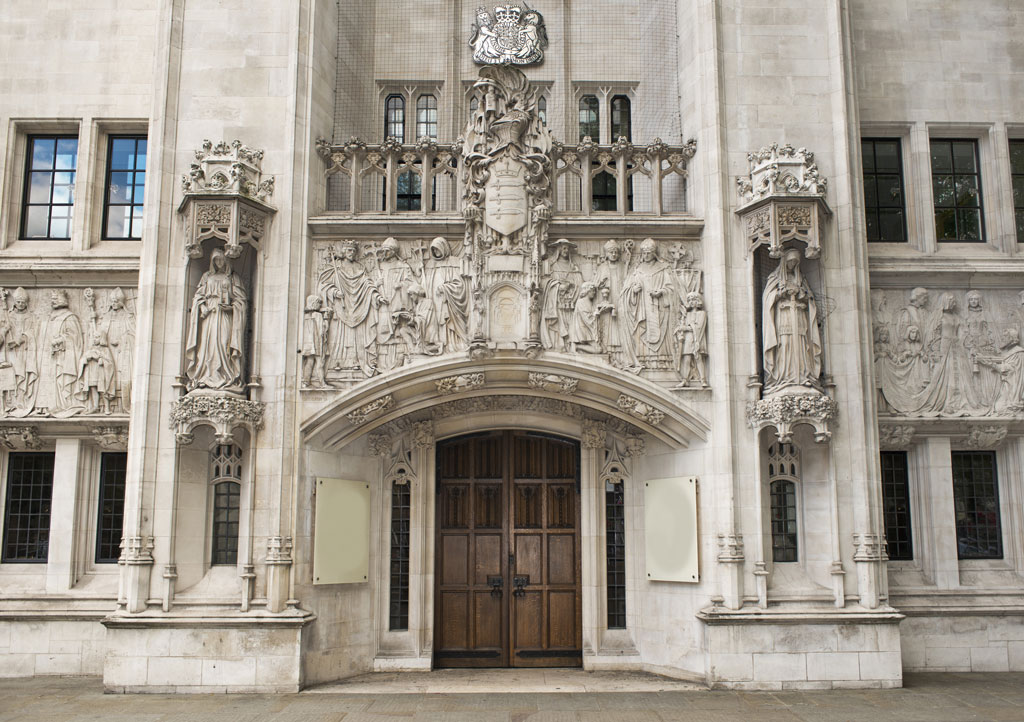
Restoration of the status quo ante: Nicholas Bevan reviews the Supreme Court ruling in Cameron v Liverpool Victoria Insurance Co Ltd
- The Supreme Court has ruled that victims of ‘hit and run’ drivers have only one route to compensatory redress—a compensation scheme managed by the MIB.
In Cameron v Liverpool Victoria Insurance Co Ltd [2019] UKSC 6 the Supreme Court ruled that the correct route to redress for all victims of ‘hit and run’ drivers under the UK’s motor insurance guarantee scheme lies to the compensation scheme managed by the Motor Insurers’ Bureau (MIB).
The MIB is a consortium that is wholly owned and managed by the motor insurance industry. At the date of the accident in 2013, a revised version of the Untraced Drivers Agreement (UtDA) 2003 applied. This scheme operates under terms the MIB has negotiated in private with the Secretary of State for Transport acting under the powers conferred on him by s 2 European Community Act 1972 (ECA 1972), that enable him to implement the Motor Insurance Directives.









